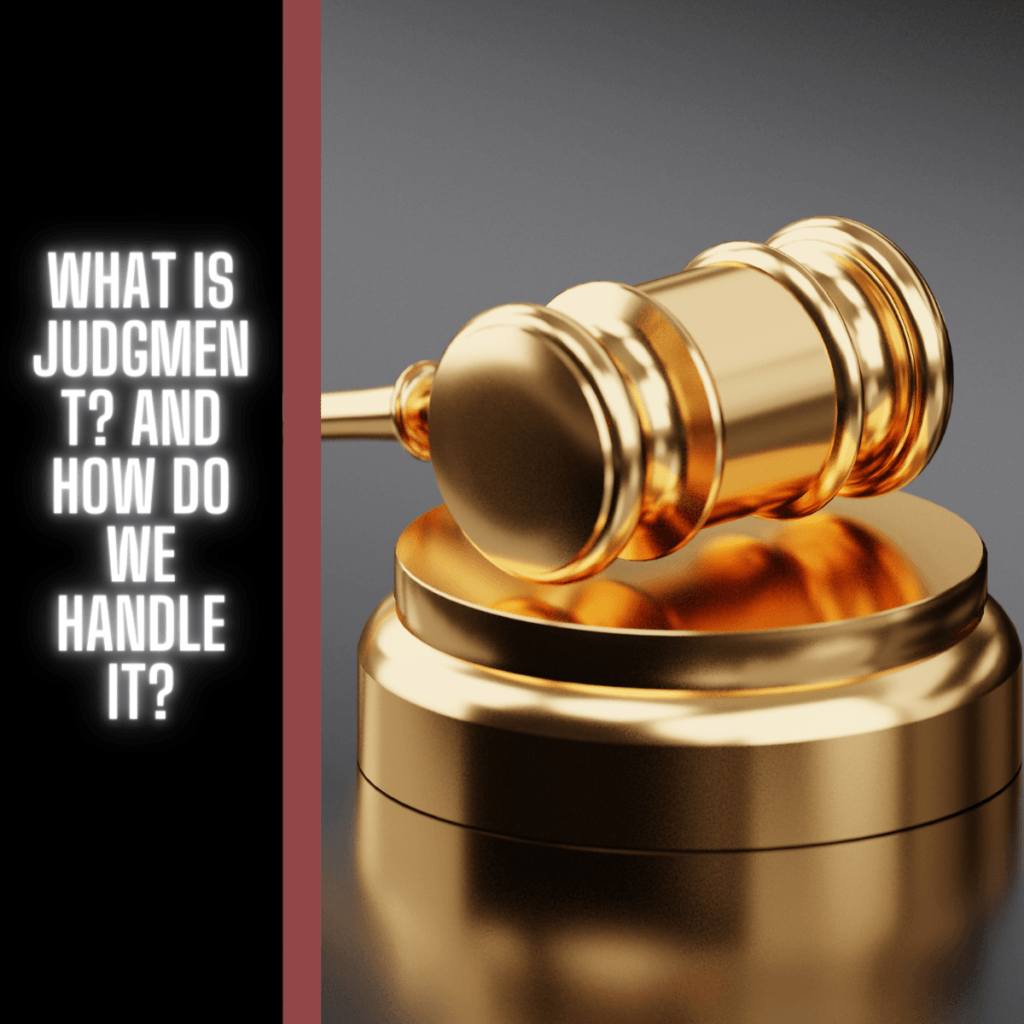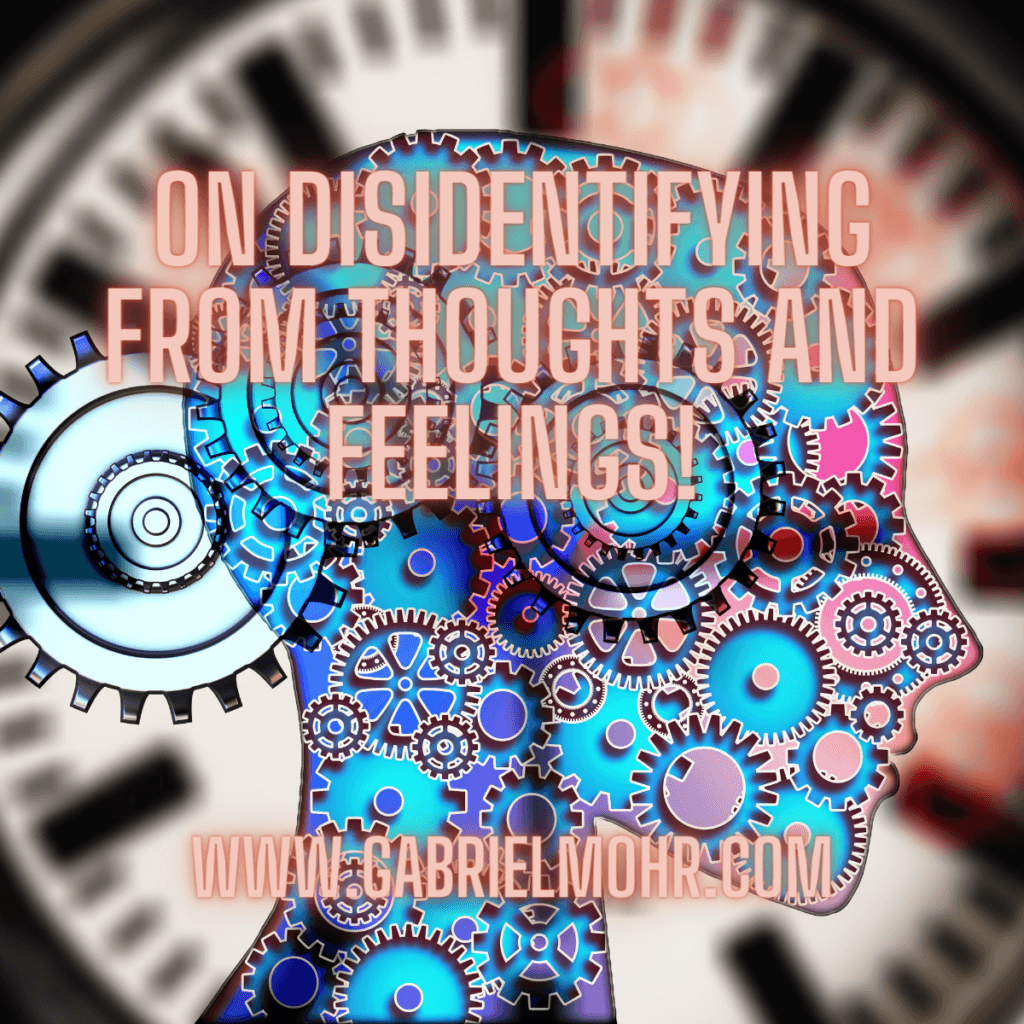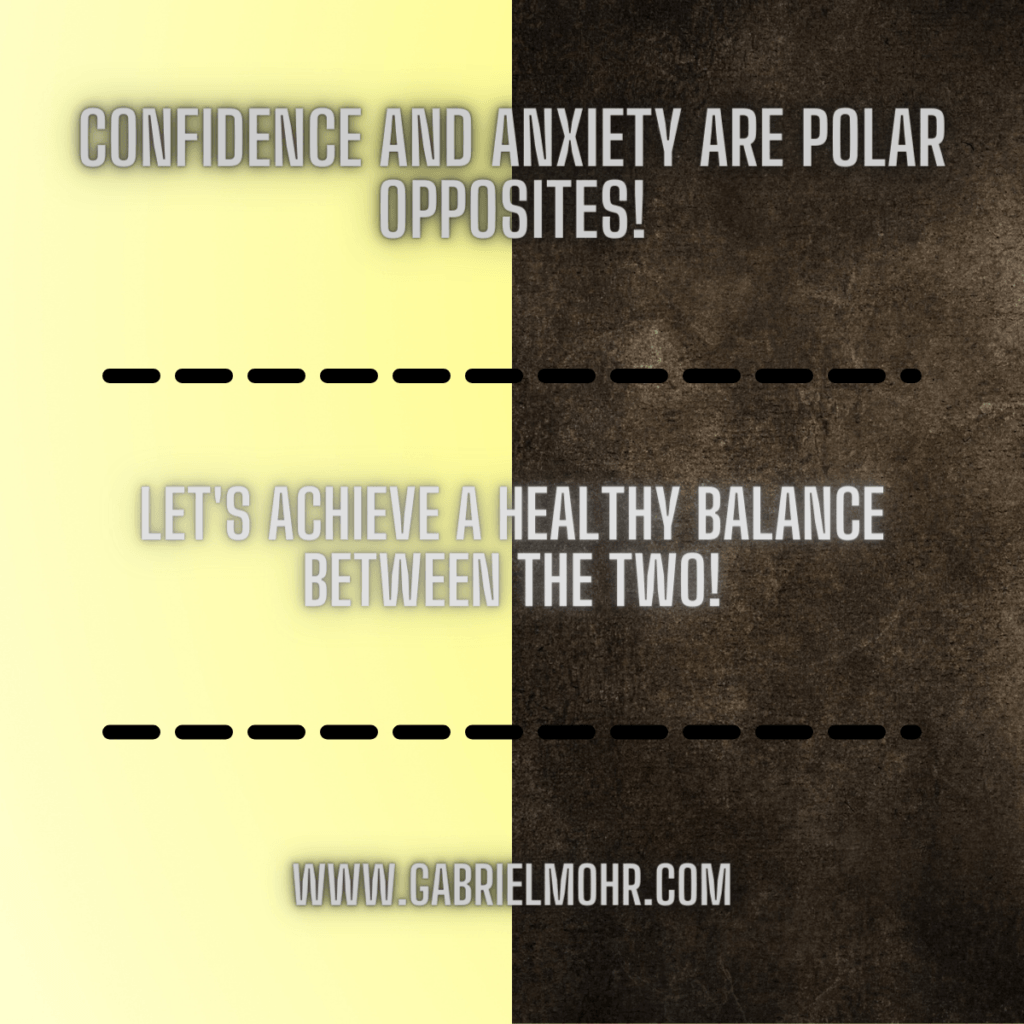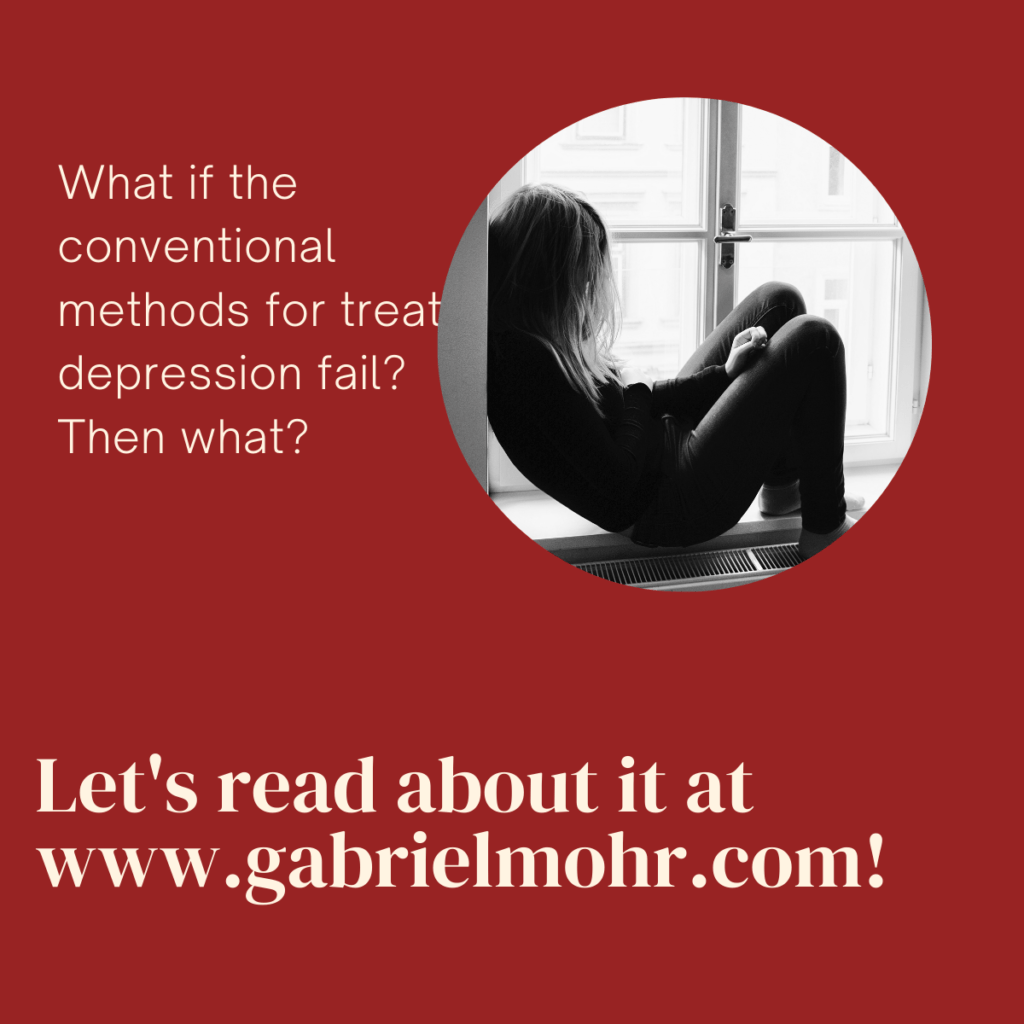
Quick Facts
-Judgment is the process of gathering information and coming to a conclusion or decision, and usually, the end result is based on commonly accepted law and/or morality.
-The fear of judgment goes back to our primal days – if we were negatively judged we were thrown out of the tribe, and back then, we couldn’t survive the harsh elements on our own.
-Some judgments are grounded, which means they are based on physical evidence that is obvious to others. Some judgments are ungrounded, which means they’re either false or of things that are subtle and/or the evidence is not obvious to others.
-Becoming a stellar judge yourself (not necessarily in the legal sense) is a great idea if you’d like to counteract the bad judges that are out there!
Intro
Today we’re going to dissect judgment and see it for what it really is! We’ll also be taking a look at the fear of judgment, since this is what plagues many of us today, and we’ll figure out how to resolve it! Enjoy the read!
The Beginning
Negative judgment (especially when it is subconsciously acted out) is one person (or a group of people) acknowledging another person (or a group of people) and rejecting them for one reason or another. This can be extremely hurtful for everybody involved, the judger and the judged alike, and it’s driven many people into isolation, anxious states of mind, and sometimes even suicide.
Positive judgment has some underlying problems as well; if we judge something in a positive manner that means we automatically (and often subconsciously) negatively judge its opposite. This is the same for negative judgment; if someone negatively judges something in a negative manner they automatically positively judge the opposite. With the duality exposed, we can begin to realize the truth about judgment, but it’s required to go far more in-depth than I have so far.
What Is Judgment, Exactly?
The first thing that’s important to note is that it used to have a major impact on the life of an individual when humanity was in a much earlier stage in its development. If an individual did something that was against the tribe’s well-being the tribe would judge him/her and forge a punishment for them based on whether or not they felt like they should. If an individual was exiled from their tribe they would eventually die since you needed your tribe in order to survive the harshness of the times. This fear of rejection (aka being negatively judged) seems to have carried over into the modern-day seeing as we take both happenings very seriously, more seriously than most other life events.
While the word “judgment” seems to point to a feeling that’s felt when we see the word “rejection,” and since “judgment” also doubles as an abstract concept that describes the process of one person or group of people accepting or denying another person or another group of people based on their requirements for acceptance, we already have the second thing to know about judgment; people accept or deny based on their own requirements for acceptance. You can go into an interview and absolutely crush it, but as long as the interviewer sees that you don’t meet their expectations (even if they’re hidden or unknown) you won’t get the job. This is the same with a mate, a friend, a business comrade, a family member, etc etc.
The third thing to know about judgment is that it shouldn’t just be brushed aside. If someone rejects you or judges you in a passive or openly harsh manner that probably means there is something about you that’s negatively affecting everybody else around you. This may not be the case (we’ll talk about that in more detail below) but it’s always best to ask yourself if what they’re saying is true and to answer yourself honestly. If you find it difficult to answer yourself honestly then that may be (at least part of) the problem.
Grounded Judgment vs. Ungrounded Judgment
You may remember a previous post that discusses the differences between grounded and ungrounded anxiety/confidence. Judgment works the same way; the act of judgment itself can be either grounded or ungrounded and the feeling of rejection can also be grounded or ungrounded. Distinguishing between the two kinds of judgment is crucial if we’re going to learn how to deal with harsh judgment.
Let’s say that a couple is having a fight and one of them is sensing “defeat” coming around the corner. If the individual is immature they may throw out a random insult that has nothing to do with the subject they’re fighting about; “you know, my ex was better than you. Maybe I’ll go back to them.” This is a harsh blow to the face; Person A just made a general judgment on Person B about their entire being summed up in one single sentence. The fight would probably continue with something like that going unnoticed but this is ungrounded judgment at its finest.
We can spot ungrounded judgment by placing any judgment we come across with this particular filter; the more a judgment is meant to serve the judger and not the judged the more of an ungrounded judgment it is. Obversely, the more a judgment is meant to serve the judged and not the judger the more grounded in reality the judgment is.
This is where it gets tricky. Everybody is selfish and has selfish intentions (whether the intentions are realized or not), so one might be tempted to say that all judgments are ungrounded and that judgment itself is something to “awaken” from. It is important to note, however, that our long-ago ancestors were properly able to survive based on a series of judgments that distinguished poisonous from healthy, safe from dangerous, hot from cold, etc etc, and so I argue that grounded judgments in the modern day are just as important as they were when we were simply surviving as a species. Let’s take a look at this example below to see what I mean.
We have John, Linda, and Thomas, three fictional characters in a fictional scenario. John and Linda have been dating for just over a year when Linda starts noticing something strange about John; he’s becoming more aggressive, more paranoid, more controlling, and more uncaring as the relationship moves forward. She starts to become concerned with this so she goes into his room and tries to find out what’s wrong; maybe she’s expecting a prescribed medication, or maybe a booze bottle hiding in a drawer somewhere, but she didn’t expect him to be looming over the doorway when she turned around because she didn’t know that he was coming home from work early that day.
Starting to become frightened she hires a private investigator named Thomas to help her find out why John has been acting this way. Thomas looks into his life away from home and reports that John has started going to the stripper clubs in the musty part of their town. This includes sex (which he aptly pays for), drugs, (which are normally given to him for free), and lots of promises that he’ll get a lot more if he comes back next weekend. John confesses to these faults and now Linda has the capability to make a grounded judgment as to what should happen between them as a couple.
She begins by thinking that it’s over between her and John, but she suddenly remembers something about John’s past; the last time she went to visit his parents for the holidays, she noticed that his dad was an overbearing, overly strict alcoholic who could loosen up a little bit. When she asked John about it in private he said that his father was always like this and that he never gave his children any respect unless they brought him a beer.
Then she remembers the time when John broke down crying and admitted his feelings for another woman who was in his life at the time. He never went with her but the implication that Linda wasn’t enough for him stuck with her for a long time.
Finally, she remembers a time when she found a bag of cocaine in his drawer. When she brought the bag to his attention he admitted that he had been taking the drug two weeks before she found the bag and that he’ll stop using it immediately.
Each memory Linda has let her become more and more capable of a grounded judgment for the situation at hand. She decides that John obviously has a core issue with his self-worth based on what happened in the past; she decides that he’s in a lot of emotional pain and that he is somebody who needs to be helped, not hurt. Instead of a nasty breakup that has the potential to hurt John even more than she decides to break apart from John with the promise that she will help him in any possible way she can while he gets himself together as an individual.
While this may not be the best decision it certainly wasn’t the worst decision, and the reason for this is because she made it based on real-life events that happened between them while keeping John’s own well-being in mind instead of making a snap judgment that could have proven hurtful instead of helpful.
How To Handle Judgment Properly
Now that we’re aware of the two types of judgment it’s important to note that no judgment is completely grounded and no judgment is completely ungrounded. Most judgments will be a mixture of the two, and it’s our job to take a judgment that has been thrown our way and decide if it’s more grounded than ungrounded or vice versa. In other words, learning how to handle judgment is the same as being a good judge as to whether or not the judgment was accurate or inaccurate and then taking action based on your decision. Since this is the case it’s vital to learn how to judge people/situations properly, we do this by being aware of the reality in which we live.
We don’t need to be aware of every single grain of sand on the entire planet in order to be a sound judge, but we do need to be aware of what’s happening in the situation at hand and be willing to consider the well-being of everyone involved if we’re going to be a grounded judge.
I’m certainly far from perfect in this area of life; I find myself making snap judgments and ungrounded accusations about the people around me throughout the day, and it’s something I’m in the process of changing. For those plagued by the judgment of their friends/family/acquaintances, however, it’s important to become a grounded judge and you can do this by asking the question, “Why do these people keep saying or doing the things they do? Don’t they know it’s hurting me and probably everyone else around us?”
When this question is followed through (which may require some proper investigation into your judger’s past depending on who they are) you will then have enough information and confidence to make a grounded judgment about the individual/group in question and you will have an easier time deciding if their judgment is grounded or ungrounded.
The more you are able to distinguish between grounded and ungrounded judgments (I.E., which judgments are hurtful and which judgments are helpful) the more your confidence grows. The more your confidence grows the more negative judgments tend to become “swallowed” by your confidence. The more negative judgment that’s “swallowed” by your confidence, the less you will be negatively affected by it. Then you’ll feel better about yourself in general and you’ll have an increased capacity to help others get to the same place as well.
Conclusion
Judgment can be harsh, and the solution probably wasn’t what you were expecting (I sure didn’t expect it to be like this), however it is a relatively simple solution to a pressing issue in American society. I hope this post helped you answer your question, have a great day!


